What is Valenciano & Where is the Language spoken?
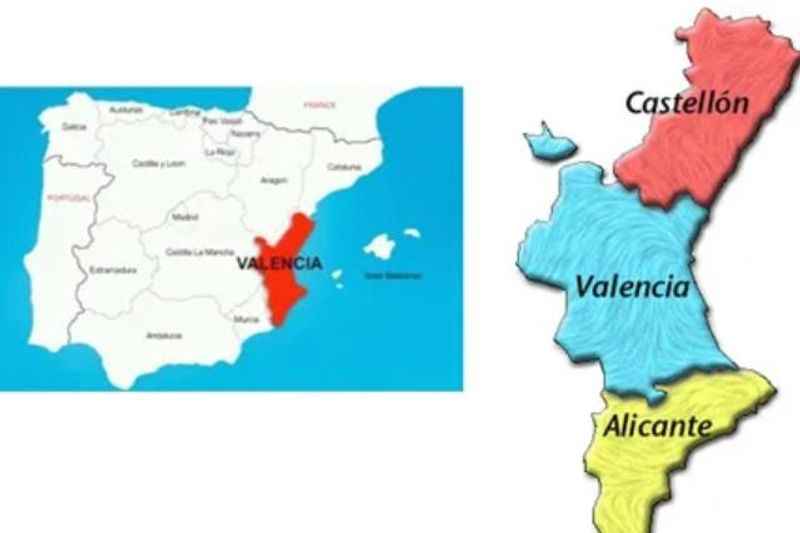
Benvinguts a tothom, welcome everyone, to this quick guide to the Valencian language, known in Spain as Valenciano.
Today, we're going to break down what Valenciano is, where it is spoken, how it differs from Castilian Spanish, and the relationship between Valencian and Catalan.
It can be difficult to get your head around the various dialects and languages spoken in Spain. Hopefully, this guide will clear this all up for you.
If you're thinking about visiting a part of Spain where the Valencian language is spoken, it is a great idea to do your research about the official local language before you go.
Let’s dive right into our ultimate Valenciano guide.
Valenciano: An Introduction
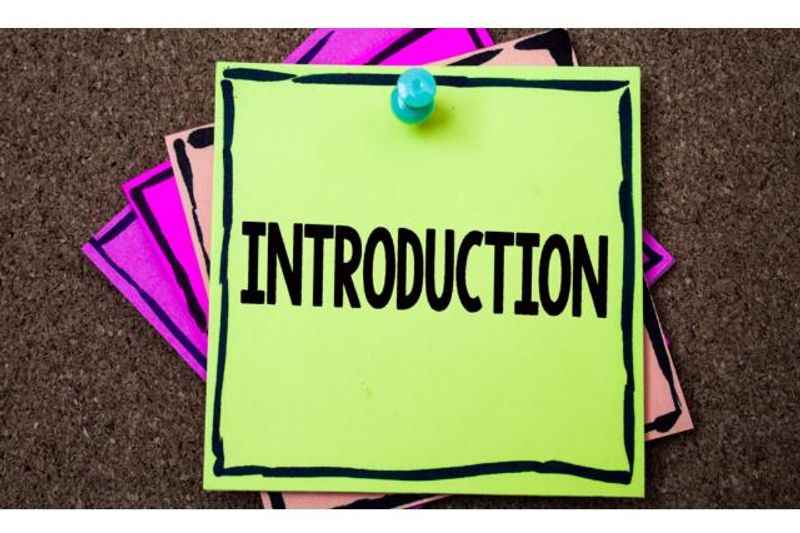
The first thing you need to know about Valenciano is that it is not a dialect of Spanish. Spain is home to several Castilian dialects and regional languages, and Valenciano falls into the latter category.
The Valencian language is the traditional and historical name for this official regional language in the Valencian Community (Comunitat Valenciana) el Carche, and Murcia.
In other parts of Spain, this language is referred to as Catalan. The vast majority of Spanish and Valencian language/Catalan speakers agree that the two names can be used interchangeably when referring to this regional language.
Others might make the distinction that the Valencian language is a dialect of Catalan. Many Valencians will most certainly dispute this.
Think about the differences between American and British English, or the Spanish spoken in Spain versus Mexico. This is essentially the difference here too.
Catalan and Valenciano are mutually intelligible. Furthermore, any speaker of Catalan will be able to speak, read and write Valencian. But with some word differences, as with the English variants in the USA and the UK.
The Catalan language is spoken in the Valencian Community, Murcia, Catalonia, Andorra, and the Balearic Islands. It is a separate language from Spanish and the two are not mutually intelligible.
In fact, in some ways, the French language is more similar grammatically to Catalan than Castilian Spanish.
The Official Language of the Valencian Community
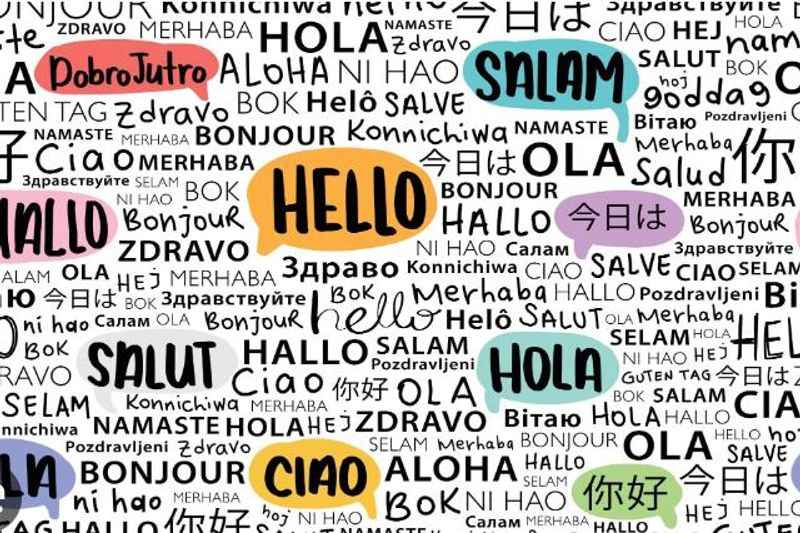
The Acadèmia Valenciana de la Llengua(AVL), or the Valencian Language Academy, is a significant institution. Founded in 1998 by the Valencian Parliament, it determines and sets the official standards of the Valencian Language as used in the Valencian Community.
This institution must respect the Valencian lexicographic and literary tradition, and base its regulations on the Normes de Castelló, which are the orthographic norms for the Valencian language established in 1932. They are based on the norms for Catalan but allow for Valencian idiosyncrasies.
The Royal Academy of Valencian Culture considers itself a rival of the AVL and promotes an alternative orthography with some differences in spelling and vocabulary.
There is a huge cultural significance for the Valencian people of having their own language. It informs their sense of autonomy and identity within Spain.
Remember: Referring to Valenciano as "Spanish" is a big no-no!
Variants of Valenciano
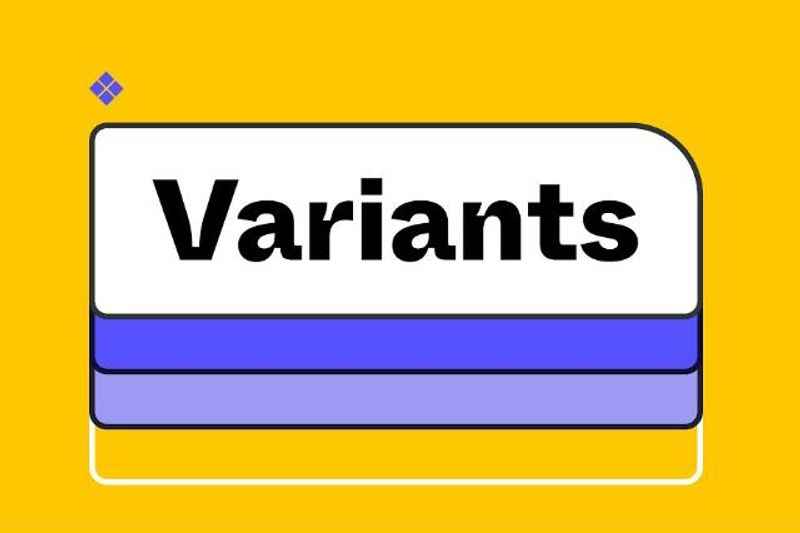
Standard Valencian is the version of the language standardized by the Valencian Language Academy. This variant is also known as Southern Valencian.
Northern Valencian is also known as Castellon's Valencian, and this dialect is spoken in the area around the city of Castellón de la Plana in the Valencian Community.
Central Valencian is spoken in Valencia City but is not used as the standard language by the media.
Transitional Valenciano is spoken in the northernmost areas of Castellon, eastern Aragon, and Southern Catalonia.
Finally, Alicante's Valenciano is the language spoken in Alicante and the area of El Carche in Murcia. This is a beautiful part of Spain, by the way.
Learn the Valencian Language
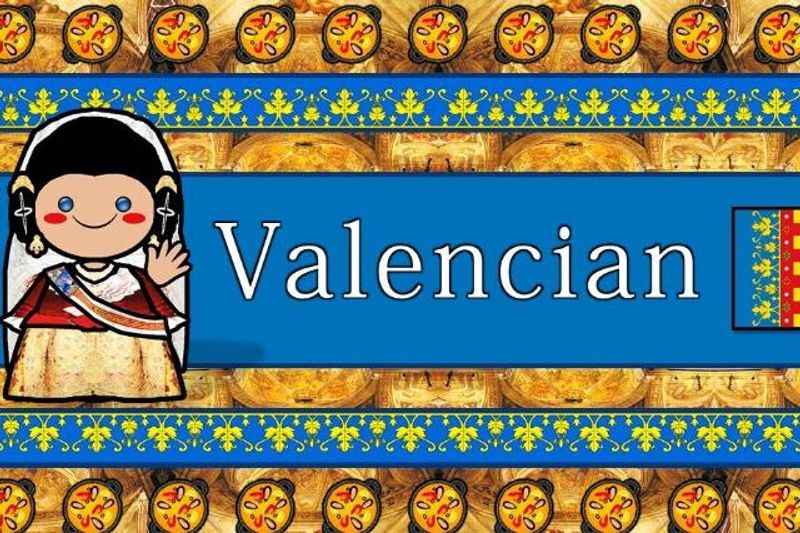
If you want to visit the Valencian Community (la Comunidad Valencia) or any of the other regions in Spain that speaks Catalan, you might want to think about learning some useful words and phrases.
Of course, you can use whatever knowledge you have of Spanish to get by in these areas. However, by making an effort to speak Valenciano with the locals, you will be showing respect for their culture and heritage.
Learning the Valencian language will also help you if you want to spend some time in the region teaching English. This is a common and popular way for young people to spend a year or so abroad, gaining life experience and meeting new people.
Sounds pretty great, right?
Spanish Vs Valencian: Similarities and Differences
So far in this guide, we've made it very clear that Spanish and Valencian are different languages. That being said, there's no denying that the two languages have their similarities.
You can think of Spanish and Valenciano as cousins, from the same language family but with a lot of different DNA.
However, knowing Spanish will undoubtedly help you to learn Valenciano due to the many words that share roots. For one, the Spanish word for "street" is calle, while in Valenciano, it is carrer.
Other examples of similarities between Spanish and Valenciano include the word "city", which in Spanish is ciudad and in Valenciano is ciutat. Moreover, the Spanish word for "bookshop" is libreria, and in Valencian it is llibreria. Also, in Spanish "feet" is pies, while in Valenciano, it is peus.
The written language of Valenciano uses the letter "X" a lot whereas Spanish does not. For instance, the Valenciano word for "embassy" is ambaxiada, while in Spanish, it is embajada.
In spoken form, final consonants and vowels in the Valencian language are often dropped and the simple past tense is the preferred past tense.
Is the Catalan language hard to learn?
Catalan is generally accepted to be an accessible language to learn, particularly if you already speak a Romance Language. Some knowledge of Spanish, Portuguese, Italian, or the French language will help you with Catalan studies, as they are from the same language family and geographically close.
It helps to visit a region that speaks Catalan or Valenciano if you want to learn the vernacular. You can join a language school, book excursions, take part in cultural and language exchanges, and even get a job to immerse yourself in the language.
If you cannot make a permanent move, why not book a short trip to Valencia? Explore the former Principality of Catalonia and uncover its rich history, culture, and dialects. Book tours, explore old religious and historic sites, and meet interesting characters in small Valencian towns.
In Spanish, the word for "ticket" is boleto or entrada. In Valenciano, the word for "ticket" is bitllet or entrada as well. Make sure to have a bitllet for any major attractions and tours so you don't miss out. Both words are commonly used in Valenciano to refer to a ticket for various events or transportation.
Valencian and Catalan: A Brief History

Catalan words can be found in Latin literature as early as the 9th century, and this language developed from the everyday Latin spoken during the time of the Roman Empire.
Old Catalan diverged from Old Occitan between the 11th and 14th centuries. Then, during the Late Middle Ages and the Renaissance, there was a golden age of Valencian literature. Notable works include Tirant lo Blanch by Joanot Martorell and the poetry of Ausiàs March.
Since the War of the Spanish Succession in the early 1700s, the efforts by Spain to assimilate its various regional people have been constant and sometimes aggressive. Especially during the Spanish Civil War (1936-1939). And, during Franco's dictatorship, which ended in 1975, Catalan was frowned upon.
Since Spain's transition to democracy in the 70s and 80s, Catalan has been institutionalized as an official language in some regions. It is now seen as a language of education, and it is used by the mass media. The language has seen a significantly increased prestige.
Now, in the Comunitat Valenciana, around 2.5 million people speak Valenciano. While the language is understood by the vast majority of the regional population, less than half can actually write Valenciano. Spanish speakers in the region use affected Spanish, due to Valencian influences.
Despite the fact that the Acadèmia Valenciana de la Llengua considers Valenciano to be the same language as Catalan, in the Valencian Community, the language has been referred to as Valenciano since the time of the Valencian Kingdom (1238-1707).
Spain's Many Languages and Dialects
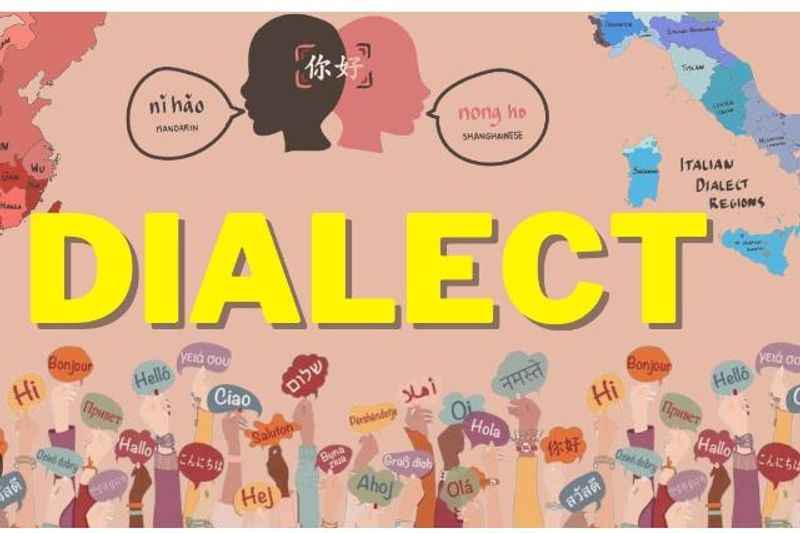
The Spanish language, also known as Castilian Spanish in English, or Castellano, is spoken across Spain. This is the official language of Spain and it derives from Latin, unlike Germanic languages in Europe.
On top of that, there are variations of Andalusian Spanish, spoken in the south of the country and in North Africa. Andalusia is the southernmost autonomous community in Peninsular Spain, while Ceuta and Melilla are two autonomous cities of Spain located in North Africa. Andalusian Spanish is also used in Gibraltar, the British overseas territory.
In the Canary Islands, a Spanish dialect is spoken similar to Andalusian Spanish, but with native African and Arabic influences.
Not only are there many variants of Spanish in Spain and Africa, but several dialects of Spanish exist across Latin America. For more on the many different types of Spanish, see this useful guide.
FAQs About the Valenciano Language
Let's look at some frequently asked questions about Valenciano.
Are Valenciano and Catalan the same language?
Yes, the Valencian Academy of Language considers Valencian to be the same language as Catalan. Valencian belongs to the Western group of Catalan dialects. It is the Catalan spoken in the Valencian Community and is characterized by some little differences.
Is Valenciano a dialect?
Valenciano, or the Valencian language, is a dialect of Catalan. It is not a dialect of Spanish. Valenciano is spoken in various places around the Valencian region with varying spellings, vocabulary, and pronunciations.
For more information about the modern Catalan culture and language, look up the Institut d'Estudis Catalans, which is an academic institution that researches all elements of Catalan culture and language, provides information and data, and relevant details for travel in Valencia.
How many official languages does Spain have?
Spanish is the only official language of Spain. However, there are four co-official languages: Valenciano/ Catalan, Basque, Galician, and Aranese. A co-official language has officially recognized status in certain territories.
If you are visiting a location in Spain in which a dialect takes strong precedence, you can improve the quality of your stay by learning a few basic words and phrases in that dialect. Depending on your level of Spanish or Valenciano, you may be able to decipher the meaning of local colloquialisms from context.
What is a Valenciano surname?
A Valenciano surname is a habitational name that originates from the Valencian Community, a region in eastern Spain. The Valencian Community, commonly known as Valencia, is one of the autonomous communities of Spain, and its official language is Valencian, a variety of Catalan.
Valenciano surnames typically reflect the region's historical, linguistic, and cultural influences. Many Valenciano surnames have Catalan or Spanish origins, and some may also have influences from other languages due to historical interactions and migrations in the area.
Summing Up: What is Valenciano & Where is the Language spoken?
So concludes our brief guide to the official language of the Valencian Community.
We have discussed Valenciano and its cultural significance in the Valencian Community. We have also discussed its variants, and why you should consider learning to speak Valenciano.
The key takeaways from this guide are that Valencian and Spanish are different languages and that Valencian and Catalan are the same languages.
Classified by linguists as a Western dialect of Catalan, Valencian is a Romance Language that is fairly easy to learn, especially if you know any other Romance languages already.
Why don't you try learning some useful words and phrases in Valencian or standard Catalan?







